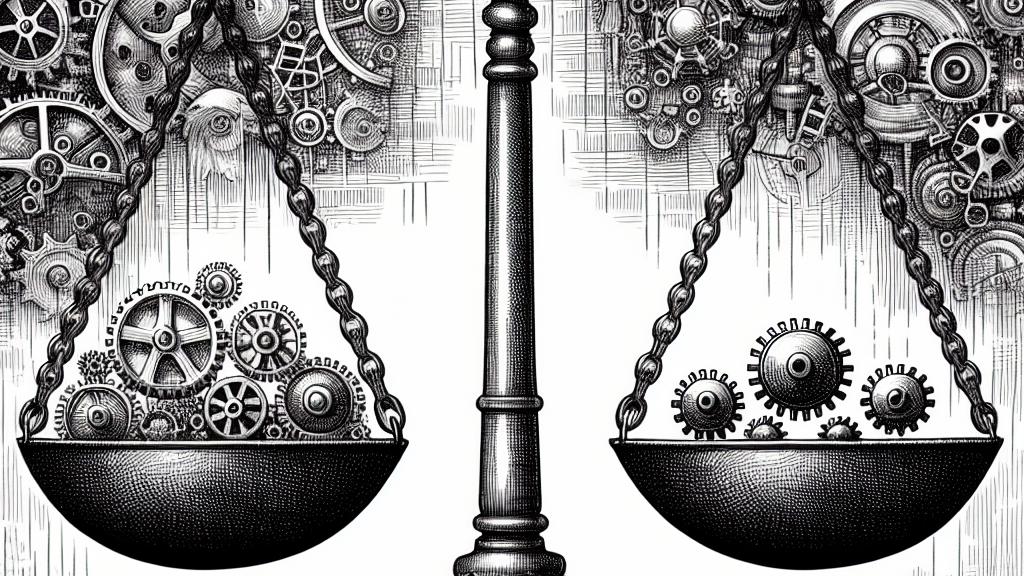Exploring the Implications of Trump's Presidential Victory on Science and Policy
Overview
- Trump's recent victory could signal sweeping changes in artificial intelligence (AI) oversight and climate initiatives.
- There are growing concerns about the dismantling of essential regulations that protect public safety and fairness in AI development.
- The expected economic shifts may redefine global trade relationships, leading to potential increases in consumer prices.

Impact on Artificial Intelligence
Donald Trump's re-election could fundamentally transform how artificial intelligence (AI) is regulated in America. He has made clear his intention to revoke President Biden’s executive order, which was constructed to enforce responsible AI innovation. This isn't just a shift in policy; rather, it represents a potential upheaval in the safety standards that govern technology. Consider this: if tech companies are left to self-regulate without oversight, the risks could escalate dramatically. Suresh Venkatasubramanian, a noted expert from Brown University, warns that the absence of regulations could lead to AI systems that are riddled with biases and privacy violations. The implications are dire—AI intended to enhance our lives could instead deepen societal inequalities, making it essential that safety and ethical considerations remain at the forefront of AI development.
Climate Policy Reversals
As Trump takes office, one of the most significant areas likely to face serious upheaval is climate policy. His track record suggests a staunch commitment to fossil fuels over renewable energy, which may spell trouble for existing initiatives aimed at cutting greenhouse gas emissions. For instance, Trump's previous dismissal of climate change as a serious threat could lead to the dismantling of critical policies that have promoted wind and solar energy projects. If he follows through on his plans, we could see the elimination of tax incentives for electric vehicles, slowing the shift towards sustainable transportation. Moreover, as climate scientists warn, such rollbacks would not only have a long-term negative impact on the environment but could also undermine economic stability, particularly as more frequent and severe climate-related disasters impact various industries.
Global Economic Implications
Trump's return to the presidency is poised to create seismic shifts in the global economic framework. His inclination to impose tariffs as negotiation tools is a hallmark of his approach—his assertion that tariffs are 'the most beautiful word in the dictionary' exemplifies this mindset. If executed, such tariffs could initiate trade wars, particularly with major economies like China, leading to retaliatory measures that spiral into broader economic consequences. While analysts suggest that the immediate effect on growth may be modest, the knock-on effects could be troubling. For instance, American consumers may face skyrocketing prices as tariffs are passed down the supply chain. Furthermore, investors might react to the uncertainty produced by aggressive trade policies, creating volatility in financial markets. In this unpredictable landscape, the stability of both the U.S. and global economy will be put to the test.

Loading...